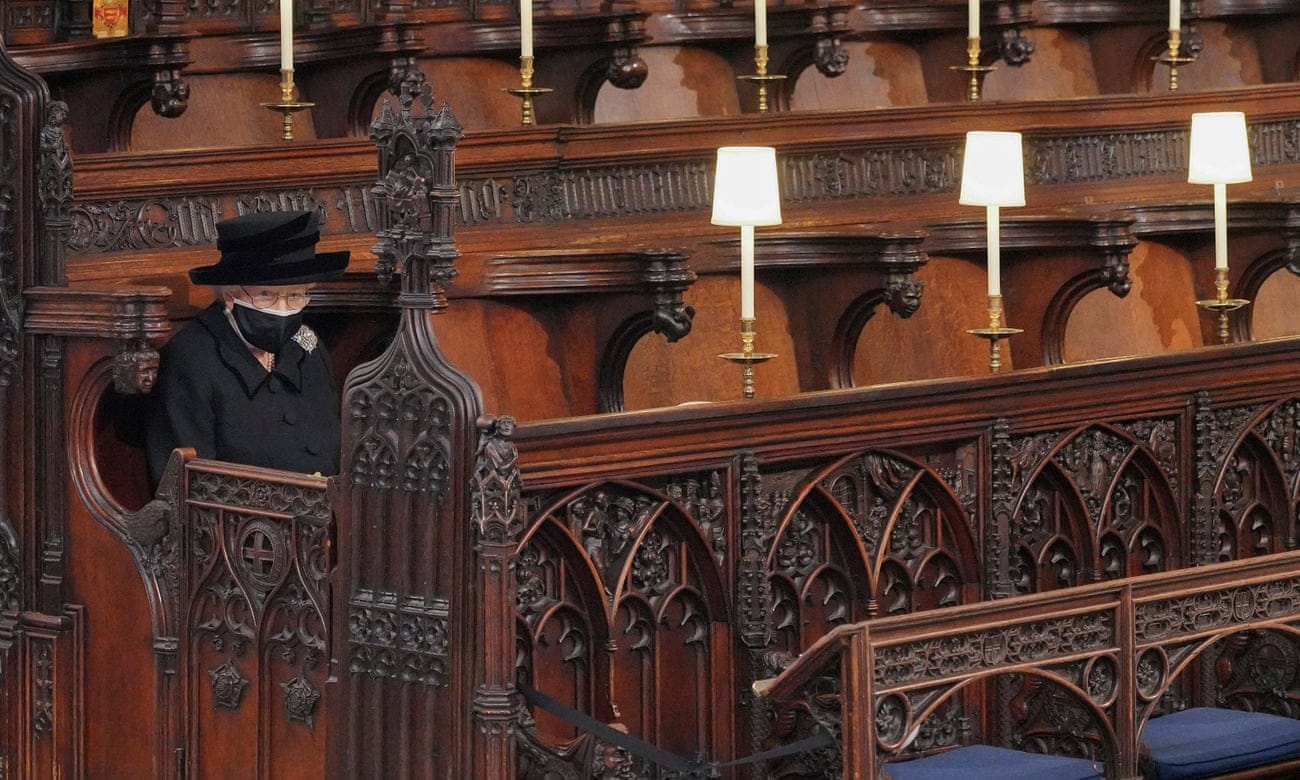The Servant Queen: An example that parliament and Church can't match
Hers was a life lived self-sacrificially, writes George Pitcher, a tenet of faith widely unknown in public life
She famously vowed to her people on her 21st birthday that “my whole life, whether it be long or short, shall be devoted to your service.” We know now that the burden of that vow was carried for a very long time indeed, to the priceless benefit of her nation and commonwealth.
Less well known in that 1947 speech is her exhortation to build a better world – “more free… more happy” – after the darkness of the Second World War: “To accomplish that we must give nothing less than the whole of ourselves. There is a motto which has been borne by many of my ancestors - a noble motto, ‘I serve’.” Giving the whole of oneself to serve; that could be a seven-word summary of the Christian faith.
Fountainhead of faith
The motto “I serve” emerged from legends surrounding the Black Prince and the 14th-century House of Plantagenet in its German original: “Ich dien”. But the roots of it are nourished far further back, in the very fountainhead of the Queen’s Christian faith, the gospel promise of the Christ: “The Son of Man did not come to be served, but to serve, and to give his life as a ransom for many.”
This, as they say, changes everything. The idea that the served serve, that the exalted humble themselves, that the last shall be first, is perhaps the most radical and scandalous notion in human history. And they are tenets of faith that the Queen took wholly seriously.
She understood that to serve God and other people aren’t separate undertakings, but the same act. In her first Christmas address in 1952, just ahead of her coronation, she underscored this belief, asking her subjects to pray for her “that God may give me wisdom and strength to carry out the solemn promises I shall be making, and that I may faithfully serve Him and you, all the days of my life.”
Servant ministry
Hers was a reign modeled on this service ministry. Today, as we mourn her passing, we look back not only on a public life well lived, but on one that shows what servant ministry really is.
The first characteristic we might identify is that the act of a servant doesn’t need to be servile. Servility in any event is a challenge for a monarch surrounded by flunkies and staff, ferried between palaces and bedecked with jewels of state and sovereignty.
Self-sacrifice is a gift of grace; it’s the ability to show that a life can be lived in the service of others rather than oneself. And there is a potency in that, because it reflects the divine power, emptied into the incarnation to share the pain of human existence; the power that stands in defiance of the oppressive and temporal, embodied in figures such as Pontius Pilate, and declares: “My kingdom is not of this world… my kingdom is from another place.”
Keeping counsel
It was that kingdom that the Queen chose to serve over and above the one she inherited in this world. To do so is both to engage intimately with the world in service and to distance oneself from it in faith. It’s about keeping one’s own counsel, even and especially when she was surrounded by privy counsellors.
When the Mother of the Christ, Mary, is challenged by her divine vocation, she is recorded in scripture to have “pondered these things in her heart.” One resiles instinctively from comparing our late Queen with Mary – at best anachronistic, at worst heretical – but a private faith was indeed about pondering things in her heart. It’s why the Queen never gave interviews and exhibited much of the attitude inherent in her rubric “never complain, never explain.” To be the Mother of Heaven or the mother of a nation is to acquire the patience of angels.
Cardinal virtues
These are all qualities of a public life lived in private faith – servant ministry, self-sacrifice, humility, reticence. They are resonant of the four classical cardinal virtues of character, coined in the ancient Greek school by Plato and Aristotle and appropriated for the Christian life by Augustine and Aquinas: Prudence, justice, fortitude and temperance.
They are hard to maintain under intense worldly pressure and in the public eye, but the Queen’s self-discipline made a decent fist of it, even during an annus horribilis or two. They are not qualities of character that lead to faith, but which arise from it.
Supreme governor
How little they are displayed these days in the parliaments she has recently opened as head of state and in the Church of England over which she presided as supreme governor. That may well be because private articles of faith no longer inform public life, whether for elected parliamentarians or the unelected members of the Body of Christ that lead the Church.
But there’s a depressive feeling that they are qualities that seem to have died with the Queen. More’s the pity that political and religious leaders don’t seem to know where to find them. But, for Christ’s sake, they’d better start looking.
George Pitcher is a visiting fellow at the LSE and an Anglican priest.





Excellent summary comparing our deceased Queen with todays leaders and politicians.